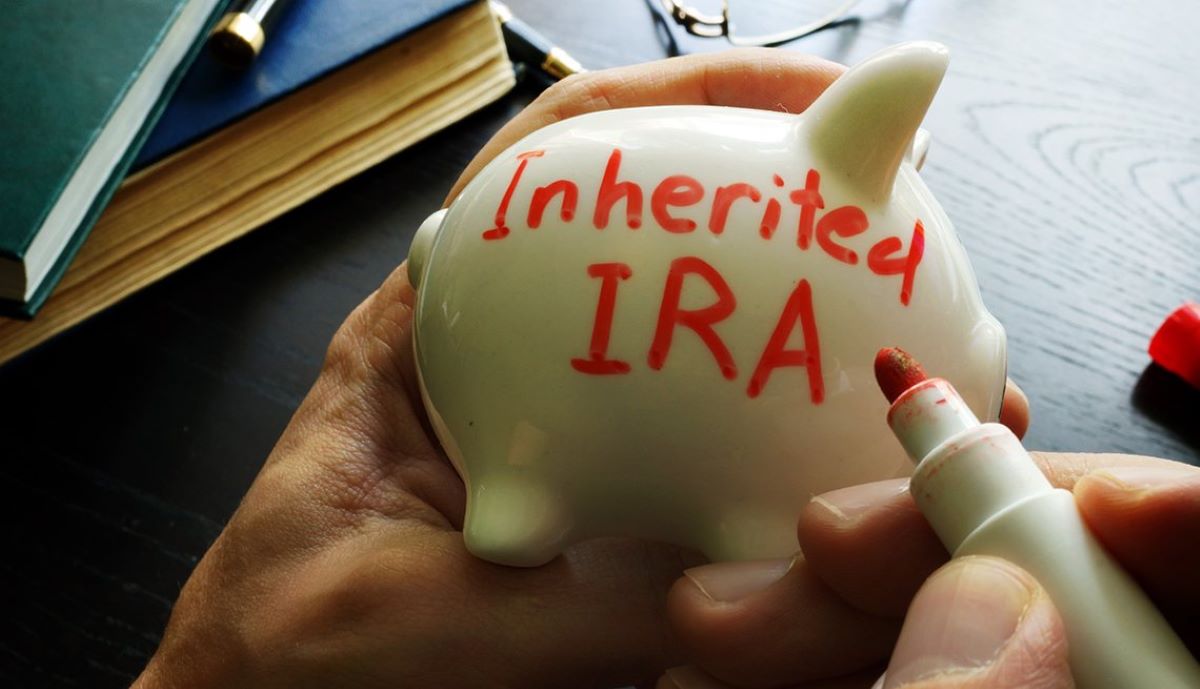Inheriting an IRA from a Parent
When a parent passes away, the emotional turmoil can be overwhelming. Amidst the grief and loss, there are also practical matters to consider, such as what to do with the assets left behind. One of the most common inheritances is an Individual Retirement Account (IRA).
Inheriting an IRA from a parent can be both a blessing and a burden. It offers financial stability and security for the future, but it also comes with complex rules and regulations that must be navigated. This article aims to provide a comprehensive guide on how to manage an inherited IRA, ensuring that you make informed decisions that align with your financial goals.
Understanding the Basics of an Inherited IRA
Before delving into the details, it is crucial to grasp the fundamentals of an inherited IRA. When you inherit an IRA from a parent, you become the account beneficiary and have several options to consider. The path you choose will depend on your relationship with the deceased and your financial objectives.
If you are the spouse of the deceased, you have the option to treat the inherited IRA as your own by rolling it over into your existing IRA or creating a new one. This allows you to continue contributing to the account and delaying required minimum distributions (RMDs) until you reach the age of 72.
For non-spouse beneficiaries, the rules are slightly different. You can either take a lump sum distribution, withdraw the funds over a five-year period, or set up an inherited IRA and take RMDs based on your life expectancy. Each option has its advantages and disadvantages, and it is crucial to consult with a financial advisor or tax professional to determine the best course of action for your specific circumstances.
Minimizing Tax Implications
One of the primary concerns when inheriting an IRA is the potential tax implications. Depending on the type of IRA, there may be income tax due on the distributions you receive. It is essential to understand the tax rules governing inherited IRAs and explore strategies to minimize your tax liability.
A common strategy is to stretch the distributions over your lifetime, which allows you to defer taxes and potentially maximize the growth of the inherited IRA. By taking only the required minimum distributions each year, you can minimize your taxable income while still benefiting from the inherited assets.
Another option to consider is converting the inherited traditional IRA into a Roth IRA. While this will trigger an immediate tax liability, it can be advantageous in the long run, as qualified distributions from a Roth IRA are tax-free. Again, consulting with a financial advisor or tax professional is crucial to determine the best approach based on your individual circumstances.
Investment Strategies for Your Inherited IRA
Once you have a clear understanding of the tax implications, it is time to consider your investment strategy for the inherited IRA. Depending on your risk tolerance and financial goals, you may choose to maintain the existing investment allocations or make adjustments to align with your investment preferences.
If you have a long time horizon and are comfortable with market fluctuations, you might opt for a more aggressive investment approach, allocating a higher percentage of the inherited IRA towards stocks or other growth-oriented assets. On the other hand, if you are nearing retirement or have a conservative risk tolerance, a more balanced or income-focused investment strategy may be suitable.
Regardless of the investment strategy you choose, it is essential to regularly review and rebalance your portfolio to ensure it remains aligned with your goals. Market conditions and personal circumstances can change over time, and it is crucial to adapt your investment strategy accordingly.
Seeking Professional Guidance
Inheriting an IRA from a parent is a significant financial responsibility that requires careful consideration and planning. While this article provides a comprehensive guide, it is essential to seek professional guidance to ensure you make informed decisions.
A financial advisor or tax professional can provide personalized advice tailored to your specific circumstances. They can help you navigate the complex rules and regulations surrounding inherited IRAs, minimize tax implications, and develop an investment strategy that aligns with your goals.
Remember, inheriting an IRA from a parent is not just about financial gain; it is about preserving the legacy of your loved one and ensuring a secure future for yourself. By taking the time to educate yourself and seek professional guidance, you can make the most of your inheritance and honor the memory of your parent.


